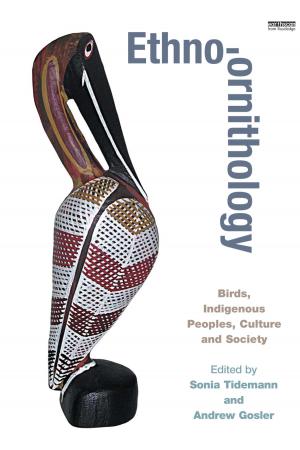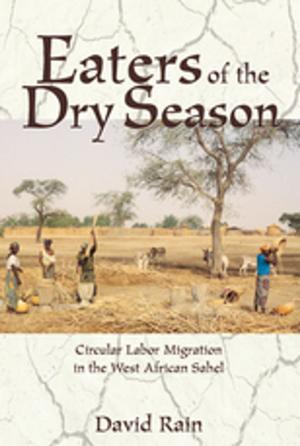| Author: | Grace M Jantzen, Grace M. Jantzen | ISBN: | 9781134437252 |
| Publisher: | Taylor and Francis | Publication: | March 1, 2004 |
| Imprint: | Routledge | Language: | English |
| Author: | Grace M Jantzen, Grace M. Jantzen |
| ISBN: | 9781134437252 |
| Publisher: | Taylor and Francis |
| Publication: | March 1, 2004 |
| Imprint: | Routledge |
| Language: | English |
The pursuit of death and the love of death has characterized Western culture from Homeric times through centuries of Christianity, taking particular deadly shapes in Western postmodernity. This necrophilia shows itself in destruction and violence, in a focus on other worlds and degradation of this one, and in hatred of the body, sense and sexuality. In her major new book project Death and the Displacement of Beauty, Grace M. Jantzen seeks to disrupt this wish for death, opening a new acceptance of beauty and desire that makes it possible to choose life.
Foundations of Violence enters the ancient world of Homer, Sophocles, Plato and Aristotle to explore the genealogy of violence in Western thought through its emergence in Greece and Rome. It uncovers origins of ideas of death from the 'beautiful death' of Homeric heroes to the gendered misery of war, showing the tensions between those who tried to eliminate fear of death by denying its significance, and those like Plotinus who looked to another world, seeking life and beauty in another realm.
The pursuit of death and the love of death has characterized Western culture from Homeric times through centuries of Christianity, taking particular deadly shapes in Western postmodernity. This necrophilia shows itself in destruction and violence, in a focus on other worlds and degradation of this one, and in hatred of the body, sense and sexuality. In her major new book project Death and the Displacement of Beauty, Grace M. Jantzen seeks to disrupt this wish for death, opening a new acceptance of beauty and desire that makes it possible to choose life.
Foundations of Violence enters the ancient world of Homer, Sophocles, Plato and Aristotle to explore the genealogy of violence in Western thought through its emergence in Greece and Rome. It uncovers origins of ideas of death from the 'beautiful death' of Homeric heroes to the gendered misery of war, showing the tensions between those who tried to eliminate fear of death by denying its significance, and those like Plotinus who looked to another world, seeking life and beauty in another realm.















